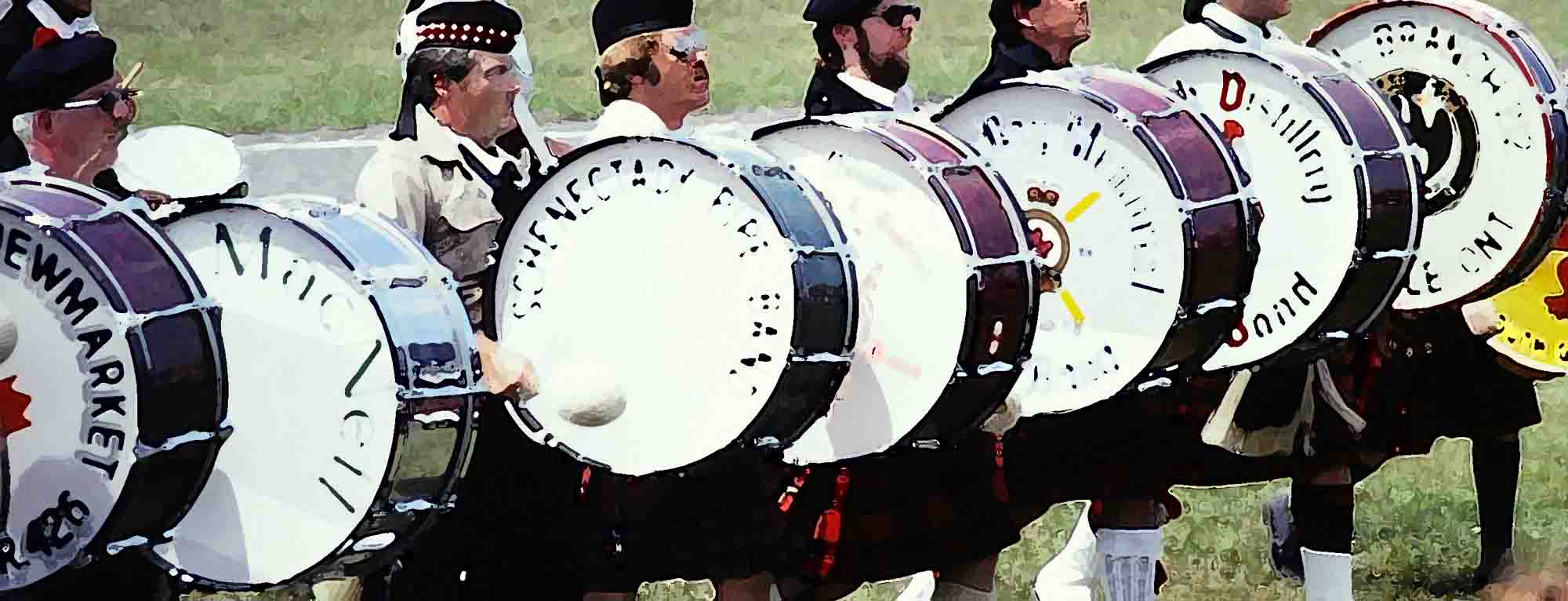Pay for play: is it coming?
Formal custom deals
Tiger Woods has Nike or Titleist modify their clubs to his personal specification. There is general awareness with golfers that the gear that Tiger competes with is simply not available off the shelf. Similarly, top-grade bands will take a stock pipe chanter, and work with the bagpipe maker to modify them to a particular specificity. They will then use their own Dremel tools, particular reeds and tape to make their own modifications. What they play ultimately might have little resemblance to the product offered to lower-grade bands.
“Perhaps in mainstream music, where music is not (formally) competitive and the industry is less personal, artists will be less discerning with which products they play,” MacRae said. “Similarly, it’s not uncommon for musicians, athletes, or otherwise to customize or modify the product they receive. So while one artist may play a particular product, it’s common for them to customize this to their liking. This is common in pipe bands. Think shaving reeds, carving chanters, boring stocks, etc.”
Despite its growth and the continued expansion of a true industry, the piping and drumming world still operates largely by handshake deals. Manufacturers reach a verbal agreement with bands and soloists, providing discounted or free merchandise, with the understanding that they will help publicize the relationship.
Formal, written sponsorship agreements are, by and large, nonexistent. Though there’s much to be said for trust and goodwill, handshake deals inevitably fall apart. Upset ensues when a band decides to move to a different product. The previous manufacturer won’t be happy, and they’ll likely want their merchandise returned. It might be carved up and impossible to sell as “new,” but a bagpipe maker might also not want wrecked merchandise to be sold on the open market.
Pipers, drummers and bands being who they are, will often have a hard time returning or even locating all of the original product. Things go for a walk when players leave a band. There are bagpipe makers who expect to be compensated with money when products are not returned, and there have been many acrimonious and long-lasting disputes.
To some extent, we bring such situations on ourselves. While piping and drumming can be high stakes and big business, we still tend to treat “sponsorships” casually, instead of locking them down with a set of expectations on each side.
The same struggle that we see with accepting financial incentives, we also see with agreements themselves. Many of us have a hard time accepting that our industry is in fact exactly that: an industry, with serious money and value changing hands.
(go to next page)


NO COMMENTS YET